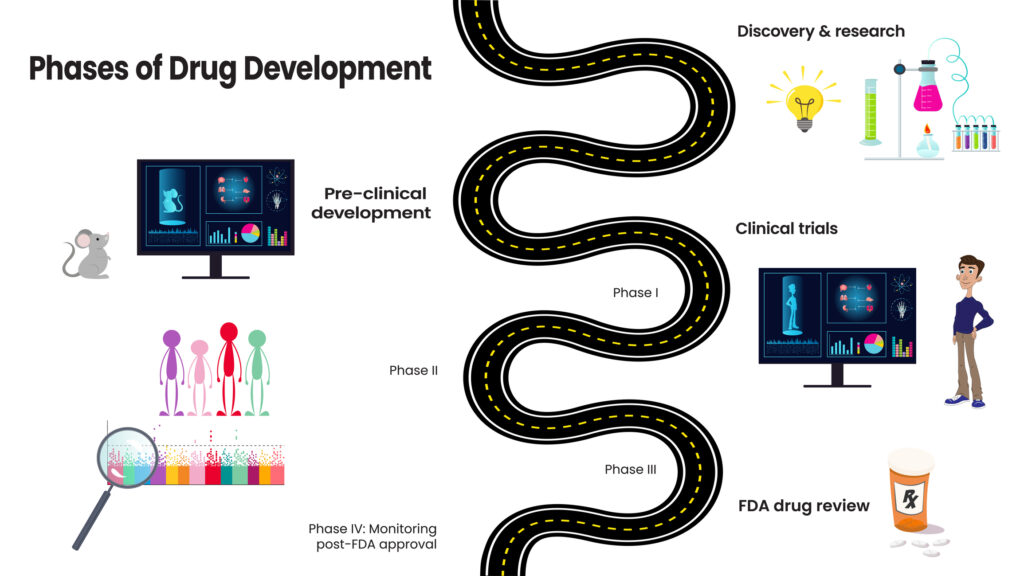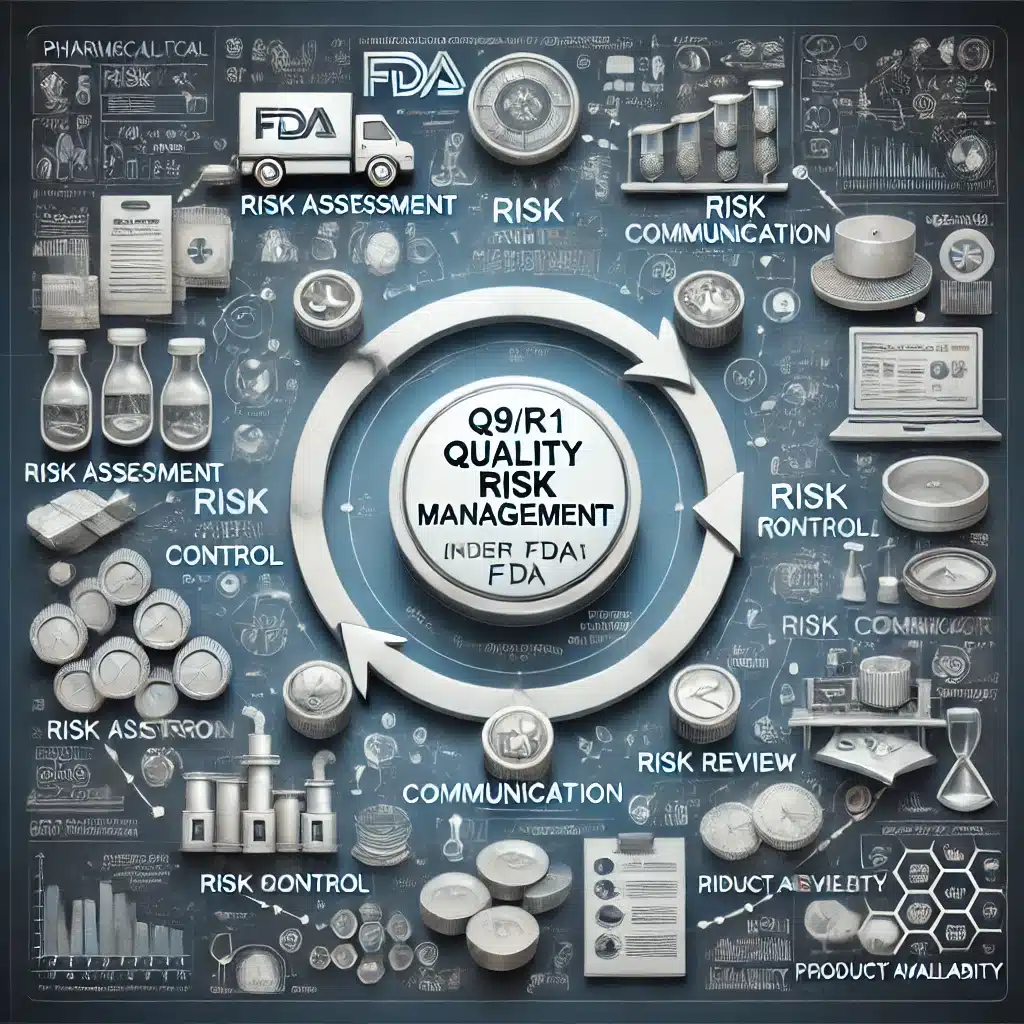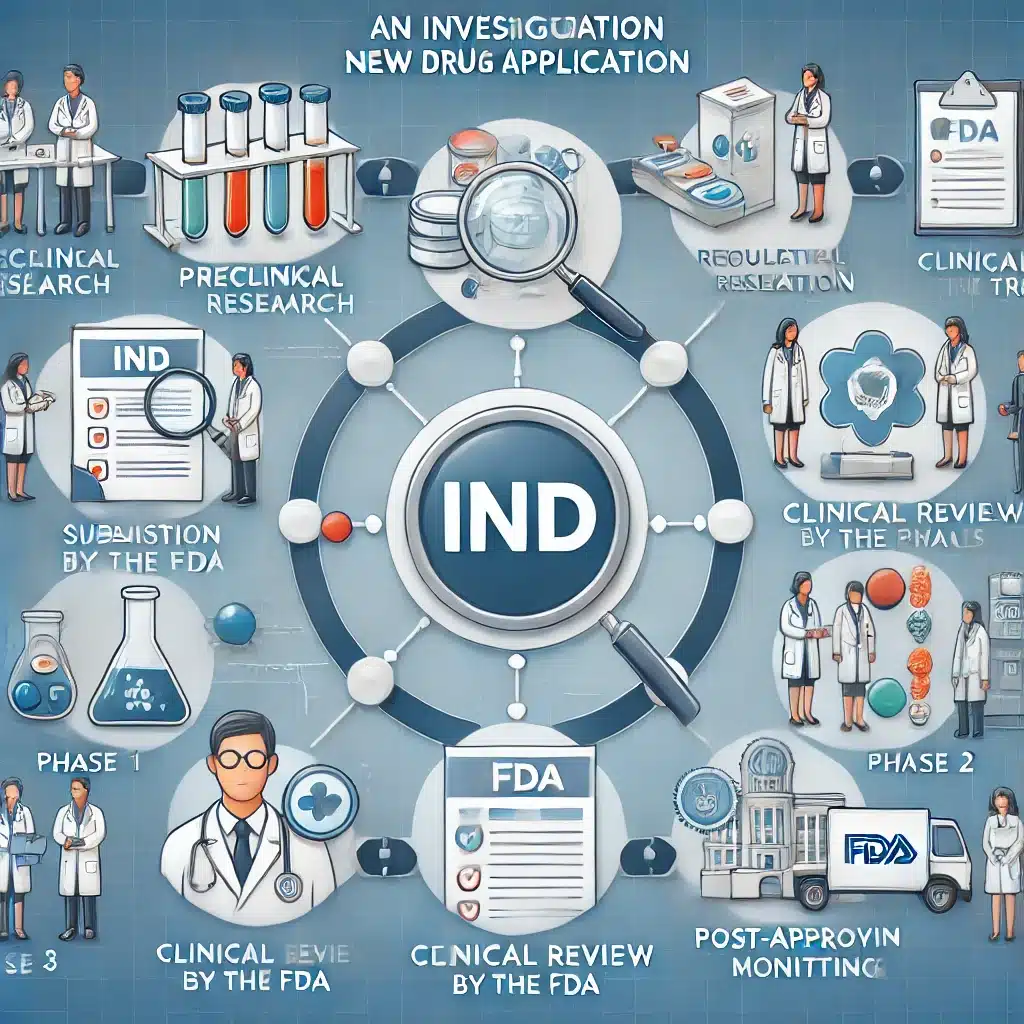GMP for Radiopharmaceuticals
Good Manufacturing Practice (GMP) standards are crucial in producing radiopharmaceuticals used in diagnosing and treating various diseases, including cancer. These standards ensure that products are consistently produced and controlled according to quality standards appropriate to their intended use and as required by the product specification. Adhering to GMP is essential for companies involved in developing and manufacturing radiopharmaceuticals in the UK and globally, as it helps manage the risks associated with radioactive materials.
Importance of GMP in Radiopharmaceuticals
Radiopharmaceuticals are unique because they contain radioactive substances that decay over time. The GMP for radiopharmaceuticals involves stringent regulations to effectively manage chemical and radioactive components. These practices are vital not only for the safety and efficacy of the drugs but also to ensure the safety of the environment and personnel involved in their production and handling.
Key Aspects of GMP for Radiopharmaceuticals
- Facility Design and Maintenance: Facilities where radiopharmaceuticals are manufactured must be designed to prevent contamination and ensure high environmental control. Specific areas should be designated for each step of the production process, and proper ventilation must be maintained to avoid radioactive contamination.
- Quality Control and Assurance: Quality control is integral to GMP and includes testing of raw materials, in-process materials, and finished products. For radiopharmaceuticals, performing additional checks for radionuclide identity, purity, and activity concentration is crucial. Quality assurance encompasses all aspects of the manufacturing process, ensuring compliance with GMP guidelines and product specifications.
- Documentation and Record Keeping: Comprehensive documentation is required in GMP. This includes detailed records of each step in the manufacturing process, equipment maintenance, staff training, and quality control tests. Documentation ensures traceability and facilitates the investigation of any product defects or issues related to safety.
- Personnel Training and Safety: Given the risks associated with handling radioactive materials, specialised training for all personnel involved in the manufacturing and handling of radiopharmaceuticals is mandatory. Training programmes should cover radiation safety, handling and disposal of radioactive materials, and emergency procedures.
- Storage and Transportation: Radiopharmaceuticals must be stored and transported in conditions that maintain their quality and integrity. This includes appropriate shielding to minimise radiation exposure and systems to monitor and control temperature and other environmental conditions.
- Regulatory Compliance: Manufacturers of radiopharmaceuticals must comply with local and international regulations, including those enforced by the Medicines and Healthcare Regulatory Agency (MHRA) in the UK and the European Medicines Agency (EMA). Compliance involves regular audits and inspections to ensure adherence to GMP standards.
Challenges and Future Directions
The main challenge in GMP for radiopharmaceuticals lies in balancing the need for rapid production due to the short half-life of many radiopharmaceuticals with the stringent quality requirements. Advances in technology and continuous improvement in regulatory frameworks are expected to address these challenges, enhancing the safety and effectiveness of radiopharmaceuticals.
In conclusion, GMP plays a critical role in the production of radiopharmaceuticals by ensuring quality and safety. As the use of these substances expands in medical diagnostics and treatment, the importance of maintaining rigorous GMP standards cannot be overstated.
You are here:
home » GMP for Radiopharmaceuticals




